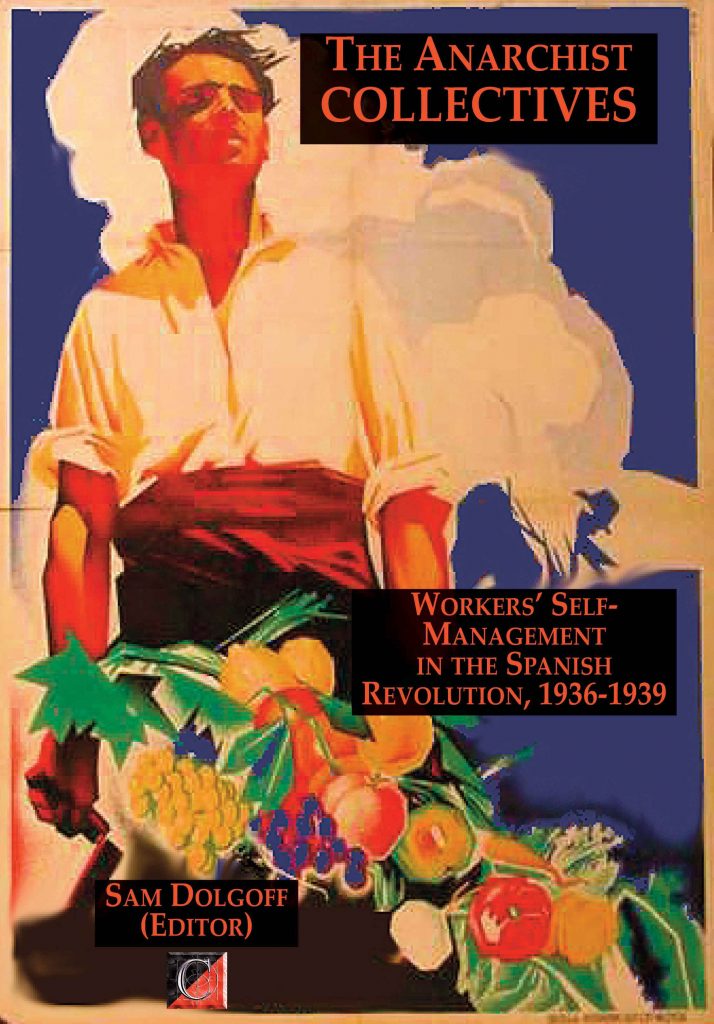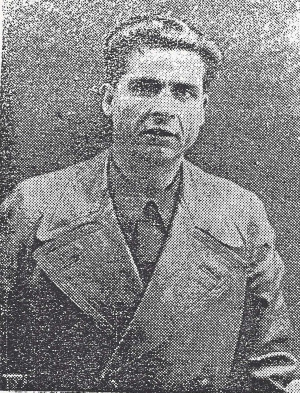£1.50 Add to basket
El historiador y político norteamericano John Brademas (1927 – 2016), que se graduó en la Universidad de Harvard y se doctoró en la de Oxford, era desde 1959 miembro demócrata de la Cámara de Representantes del Congreso de su país. A pesar de la importancia de los grupos revolucionarios, en general, y del anarquismo, en particular, no abundan los estudios valiosos dedicados al tema. En tanto que la obra de Stanley Payne, La revolución española intenta presentar una óptica de conjunto, la de Brademas analiza concretamente el anarcosindicalismo español durante el período 1930-1937.A lo largo de su estudio John Brademas mostró la evolución del más poderoso movimiento anarcosindicalista del mundo, la CNT, y sus relaciones con la UGT y la FAI. El libro comienza con un ‘análisis del tema “conspiración y colaboración bajo el régimen de Primo de Rivera”, sigue con la etapa inicial de la República y las huelgas de la Telefónica y del puerto de Barcelona; la declaración de los treinta; la sublevación del alto Llobregat y la consiguiente escisión de la CNT; la sublevación anarquista de enero de 1933; la Alianza Obrera; la revolución de octubre de 1934; y la formación y la efímera trayectoria del Frente formación de las milicias y de sus comités; la justicia revolucionaria; la organización económica de la revolución (las colectivizaciones en la industria, las colectividades agrícolas, etc.) y la participación de ministros anarquistas en el Consejo de la Generalidad y en el gobierno de la Republica. El libro concluye con los sucesos de mayo de 1937 en Barcelona, que, entre otras cosas, significaron pare el anarquismo la pérdida de su predominio político en el campo republicano.
eBookshop, Kobo or Kindle Check out other Christiebooks titles HERE




